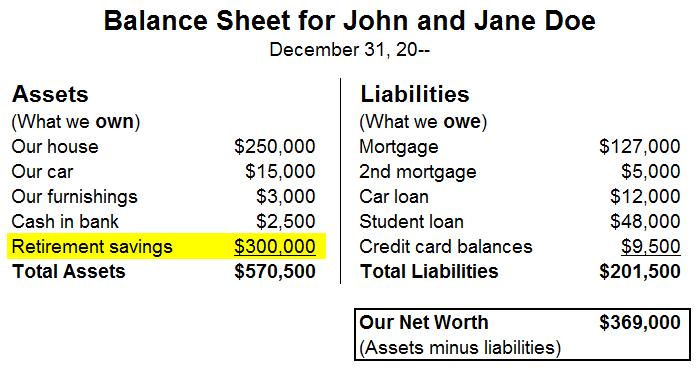When the stock market is going up, investors love it. When it’s going down, not so much.
Many investors lie awake at night wondering, “Is there any good alternative to this crazy roller coaster? Is it possible to successfully and confidently grow my nest egg without playing in the Wall Street Casino?”
If you’re one of those folks who thinks saving for retirement shouldn’t have to be so unpredictable, read on! There is a safe and proven alternative to Wall Street. It offers guaranteed growth, a predictable income stream, tax advantages, and very little in the way of government interference.
Millions have found their investment alternative of choice in high cash value dividend-paying whole life insurance.
Huh? Life Insurance as an Investment Alternative to Wall Street?
[Read more…] “Read Reviews for Using Bank On Yourself as an Investment Alternative”

